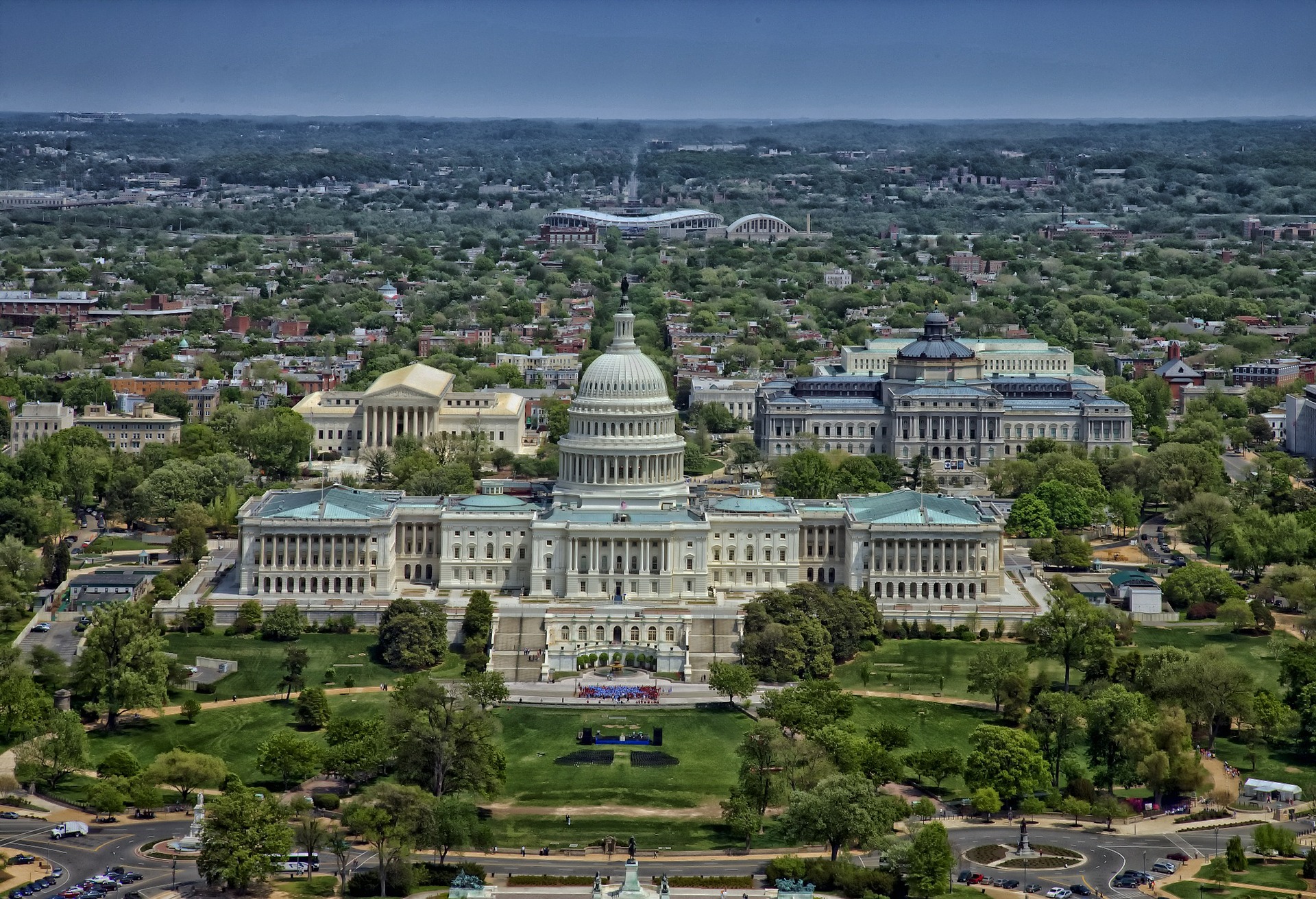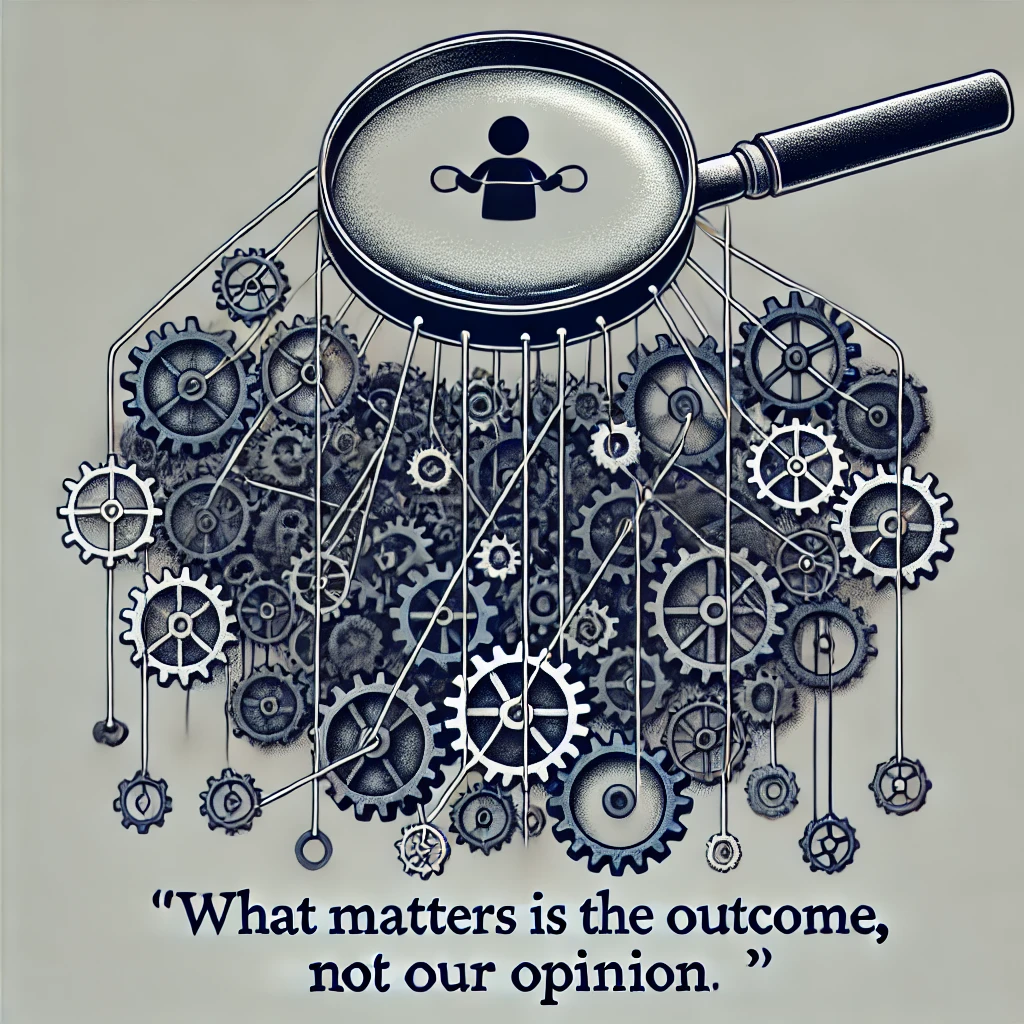Why trust must be a priority in the post-COVID world
With so many unknowns, Hack Future Lab founder and best-selling author Terence Mauri argues that it’s time to flip the switch, turn on the lights and ask the question – are you ready to prioritise trust alongside scale and growth?
Is it time to rethink trust in a post-Covid world? Trust is the basis for clarity and connection and it’s the foundation of every leadership action, relationship and transaction. Customer. Employee. Digital. Financial. Ethical. A nice-to-have is now a must-have; a value is invaluable. Yet, around the world, we see truth decay, companies and governments operating at the edge of ethics and records levels of distrust across the business, government and the media. At no time has trust been more tested or more valued. If I were to offer one piece of advice to business leaders it would be this: make trust a priority. In the not-too-distant past, trust was considered a ‘soft’ corporate issue. Its connection to a company’s value was always there, but unclear. But not anymore. Trust has taken centre stage for business leaders. George Orwell would have relished these times. According to McKinsey, 10 out of 15 industry sectors have reported a major trust breach in the last five years Fake news, false facts, meme warfare, cyber-attacks ($6 trillion by 2027), tainted food and digital skulduggery. And to put this into monetary terms, a $30bn company will, in theory, lose $4bn in future revenue due to a loss of trust.
What about trust in organizations? Hack Future Lab’s Truth Decay study has identified that despite trust in the workplace being a key driver of wellbeing, motivation and performance only 44% of employees feel they are ‘often’ or ‘always’ trusted by their managers. The data should set alarm bells ringing, especially when trust has never been more important for morale, productivity and psychological safety. Trust is the #1 driver of commitment and contribution and is a catalyst for moving from outdated boss-led leadership models to a style of leadership which I define as human-led, tech-enabled; intentionally diverse; purpose-driven; built for trust.
Key Findings
- 93% of leaders agree trust is a top priority but only 34% believe it is a strength in their workplace
- 93% of respondents agree without trust it’s impossible to speak up about issues or ideas that matter
- 89% of respondents have withheld an opinion, question or concern because of fear and a lack of workplace trust
- 86% of respondents want more truth, trust and transparency at work
- 83% of respondents agree trust between them and their manager is the second biggest driver of life satisfaction after mental health
- 76% of people want CEO’s to speak up and lead on societal issues such as pandemic impact, job automation and diversity
- 63% of people have experienced a major ‘trust’ breach: the 3 biggest examples of trust breaches were lack of feedback, lack of autonomy and lack of transparency
- 58% agree today’s business models are ‘broken’
- 46% of leaders agree they don’t understand the mechanics of how trust is built, managed, lost and repaired
The Truth Decay Study findings have highlighted significant gaps between rhetoric and reality or the ‘say-do’ gap. Business leaders must rise to the truth decay challenge to ensure today’s workers and future generations feel trust. Trust needs to be shown through action. As we recover, reopen and rebuild, leaders need to measure, amplify and protect trust across the whole ecosystem and ultimately make trust a priority alongside growth and scale.
Lead with trust
The global pandemic turned our world upside down and accelerated disruption, from the blurring of industry lines and economic and geopolitical uncertainty, to disruptive technologies and the shrinking of company and product lifespans. As we transition to new ways of leading, there is fear and excitement. In the short term, from the unknown business fall out of a pandemic and, in the medium term, from the continued impact and opportunities of AI, robots and automation. Hack Future Lab’s research shows that the best leaders go big on truth, transparency and trust and place ethical drivers at the heart of their leadership.
Accelerators of trust
- Structure and clarity
- Meaning, purpose and alignment
- Network over hierarchy
- Fallibility/Vulnerability/Interpersonal risk
- Listening, empathy and compassion
Blockers of trust
- Positional power, bossed, top down
- Back channels, guarding, hiding
- Closed to feedback and listening
- Avoidance, indifference, ambiguity
- Lack of ‘why’, misaligned work/direction
Who do you trust?
Without trust, relationships break down, organizations stop working, and societies fail. In an age with record levels of distrust brought on by social tension, economic nationalism and technological revolution, it’s time for leaders to re-assess how to bake trust into the DNA, strategy and day-to-day operations of their business and measure, amplify and sustain trust across the whole stakeholder mix from employees, to customers, suppliers, investors, analysts and the media.
Are you ready to make trust a priority in a post-Covid world?
Terence Mauri is the founder of Hack Future Lab, a global management think tank and has been described as ‘an outspoken and influential thinker on the future of leadership’ by Thinkers50. He will be speaking on March 4 at the Horasis USA meeting about Rebuilding Trust in Institutions Post-COVID.



